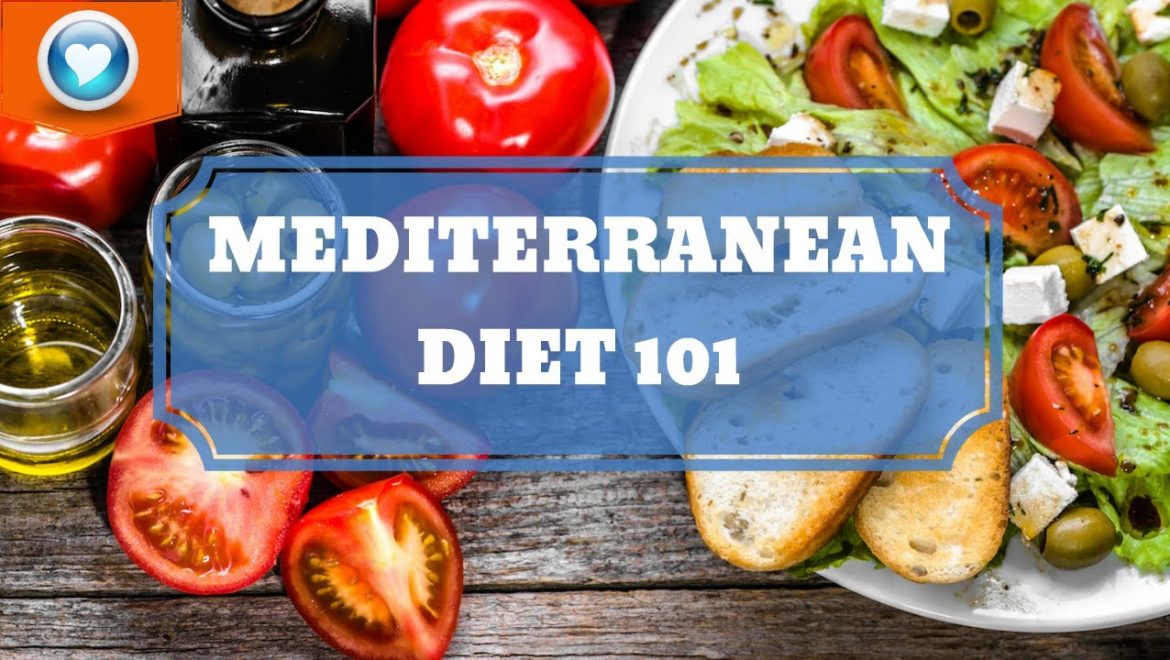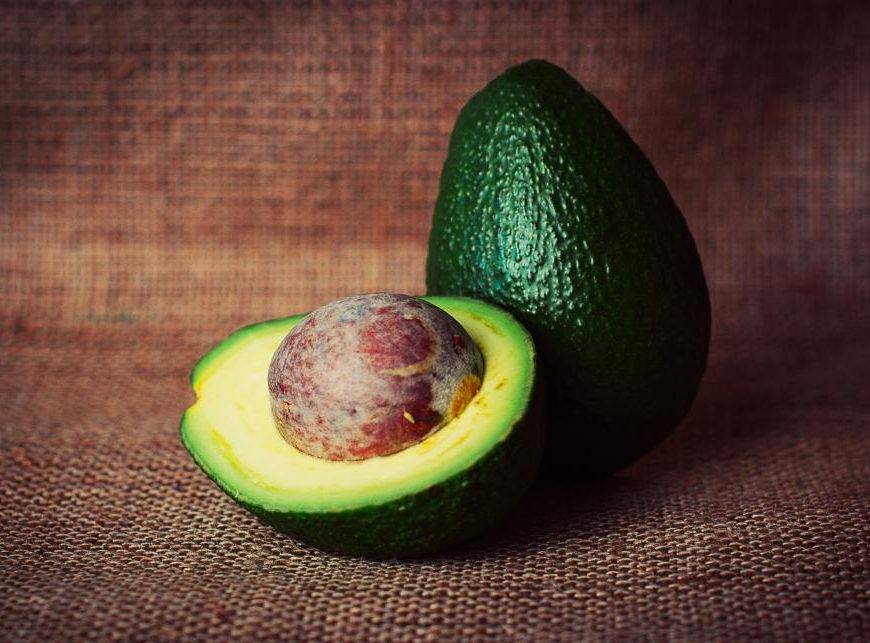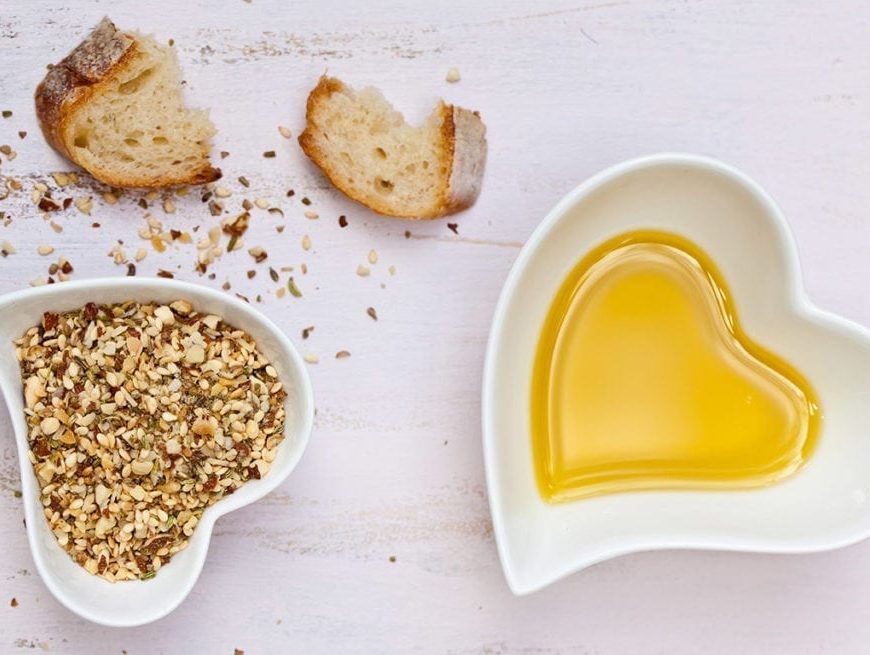This blog is part of the All About Fad Diets blog series. They’re not really fads, but more like lifestyles.
The Mediterranean diet is definitely a lifestyle, not a diet. People who eat this way wouldn’t say they are on a ‘diet’.
The Mediterranean diet originates from Greece, Italy and Spain. It is the traditional way that these countries surrounding the Mediterranean see ate, pre-1960’s (before the introduction of highly processed foods). The diet of people living in these regions is now becoming more westernised.
The Mediterranean diet focuses on plant-based foods, with a moderate intake of seafood and poultry, and small quantities of dairy products (mostly yoghurt and cheese). Red wine may be consumed in moderation, always with a meal.
Eat most: vegetables, fruit, nuts, seeds, legumes, wholegrains, wholegrain bread, herbs, spices, seafood, and extra virgin olive oil.
Eat in moderation: poultry, eggs, yoghurt, and cheese.
Eat least: red meat.
The diet is based on:
Vegetables: tomatoes, broccoli, kale, spinach, onion, cauliflower, carrots, Brussel sprouts, capsicum, cucumber, and garlic.
Roots: potatoes, kumara, turnips, and yams.
Fruits: apples, bananas, oranges, pears, strawberries, grapes, dates, figs, melons, and peaches.
Nuts and seeds: almonds, walnuts, macadamias, hazelnuts, cashews, sunflower seeds, and pumpkin seeds.
Legumes: beans, peas, lentils, pulses, peanuts (yes technically a legume, not a nut), and chickpeas.
Wholegrains: oats, brown rice, rye, barley, corn, farro, millet, cous cous, buckwheat, whole wheat, wholegrain bread, and pasta.
Seafood: white fish, salmon, sardines, mackerel, shrimp, oysters, clams, crab, and mussels.
Poultry: chicken, duck, and turkey.
Eggs: chicken, quail and duck eggs.
Dairy: yoghurt (obviously Greek yoghurt) and cheese.
Fats and Oils: olives, extra virgin olive oil, avocado, and avocado oil.
Red wine: 1 glass per day with a meal (optional).
Coffee and tea: moderation (no added sugar).
It excludes refined foods, convenience foods, sugar and sweet foods, vegetable oils, trans fats (found in margarine and commercially baked goods), and processed meats.
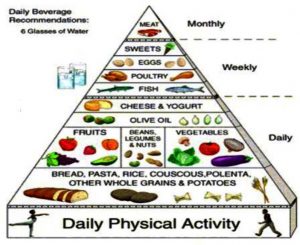
Pros
Eat Healthier
Naturally, you will eat healthier because you will not be eating any ‘bad’ foods.
Prevent Chronic Diseases
Research shows that the Mediterranean diet helps to prevent chronic diseases including obesity, type 2 diabetes, high cholesterol, cardiovascular disease, metabolic syndrome, heart attack, stroke, cancer, cognitive disease, depression, Rheumatoid arthritis (even more-so when combined with fish oil), and premature death.
Community and Physical Activity
Community is at the bottom of the food pyramid, meaning that “enjoying meals with others” is even more important than the ingredients of the meal itself. Physical activity also shares this large chunk of the food pyramid with community.
4-5 Tablespoons of Olive Oil a Day!
Olive oil is a rich source of good monounsaturated fats. Plus, antioxidants, vitamins E and K, and it is anti-inflammatory. Scientists estimate that oleocanthal (a phytochemical in olive oil) in 50ml of olive oil has a similar effect of 10% of the dose of Ibuprofen. This may not sound like much, but this adds up over time. Oleic acid (another phytochemical) has the ability to reduce C-reactive protein levels in the blood (a marker of inflammation).
Anti-Inflammatory
The Mediterranean diet is a great example of an anti-inflammatory diet. Inflammation is associated with nearly all of the conditions listed above, which the Mediterranean diet helps to prevent.
Low Risk of Cancer
The Mediterranean diet states eat red meat ‘rarely’. The Cancer Society state that eating more red (and processed) meats can increase the risk of some cancers, particularly bowel cancer. Despite iron being an essential nutrient, when broken down haem iron (animal-based iron) damages nearby cells, enabling cancer to develop more easily. Additionally, cooking meat at very high temperatures and burning/charring meats creates heterocyclic-amines which can cause stomach cancer.
It doesn’t omit any major food groups like many other ‘fad’ diets. The Mediterranean diet is all about balance and moderation.
Junk Food Isn’t Mediterranean
If you’re at a party you’re not going to be able to eat the party food. A Mediterranean diet reduces the amount of junk food the average person eats (because you won’t be able to eat the cakes at shared morning tea).
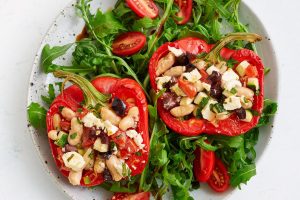
Cons
Don’t Go Crazy On Bread and Pasta!
If you eat a lot of grains (carbs) with olive oil (fat) it could potentially be a low protein diet.
High Carb Diet
Individuals who are ‘protein types’ or have blood sugar irregularities, may not be suited to the Mediterranean diet because it is a relatively high-carb diet. This diet is more suited to ‘carb types’ or possibly ‘mixed types’. However, some of the principles of a Mediterranean diet can be practiced even if the macronutrients are adjusted e.g. emphasis on community and physical activity, unprocessed foods, and a focus on plant-based protein/fat sources rather than relying on animal sources first and foremost.
The Mediterranean diet is not suitable for people with gut issues (e.g. leaky gut) because it includes grains, gluten, legumes and dairy.
Check out my Happy Tummy Tonic.

Portion Sizes Are Not Emphasised
Weight loss is not inevitable if you are eating unlimited portions of bread and pasta!
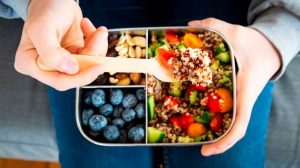
Liv’s Recommendations
Many people claim that the Mediterranean diet is the closest thing to the perfect diet. It emphasises balance and moderation, while other diets have an all-or-none attitude.
I like the fact that if people go on a Mediterranean diet they are not likely to have a ‘diet’ mentality because it is much more of lifestyle than a diet.
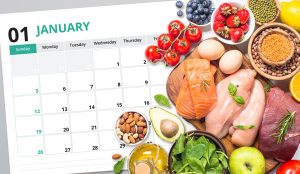
To Wrap It Up
With a keto, Paleo, primal, Mediterranean, vegan, vegetarian, gluten-free, dairy-free wrap of course (or not if you’re intermittent fasting!).
The purpose of this series of blogs isn’t to choose a diet to follow. It’s to inform you of the pros, cons and my recommendations, if you do choose to (or already) follow one of these diet trends.
I personally pick and choose what I like, and more importantly what suits my body, from each diet to create my own personalised diet. My motto is “Realigning Nutrition with Intuition”. Try N=1 Self Experimentation.
Intuition is now totally disassociated from Nutrition. We don’t eat what or when we feel like eating. We eat what and when we are told we should be eating. Realigning Nutrition with Intuition means being in-tune with your body and rediscovering what diet/lifestyle is most suited to you. As I trained as a Naturopath and Holistic Nutritionist, I am not about strict plans. That is for you to decide for yourself.
There is no one-size-fits-all baseball cap when it comes to diets.
Your Nutrition Mentor,


